Home Safety
-

While most of us are familiar with common poisonous plants that cause dermatitis (skin irritations) such as poison ivy or poison oak, we fail to recognize common ornamental plants in the landscape that may cause internal poisoning when ingested. Although most adults would not intentionally eat the leaves or fruit of ornamental plants in the landscape, young children or pets sometimes do. This resource provides readers with information on some of the common landscape plants known to have poisonous properties when ingested. You may be surprised to learn just how many of our common plants, such as azaleas, hydrangeas, boxwood, and English ivy, are known to have poisonous properties.
Bob Westerfield
|
-

House and garden plants may be toxic to cats and dogs. This visual guide will help pet owners learn which plants are safe, as even common plants can be deadly.
Brenda Jackson and Ellen M. Bauske
|
-
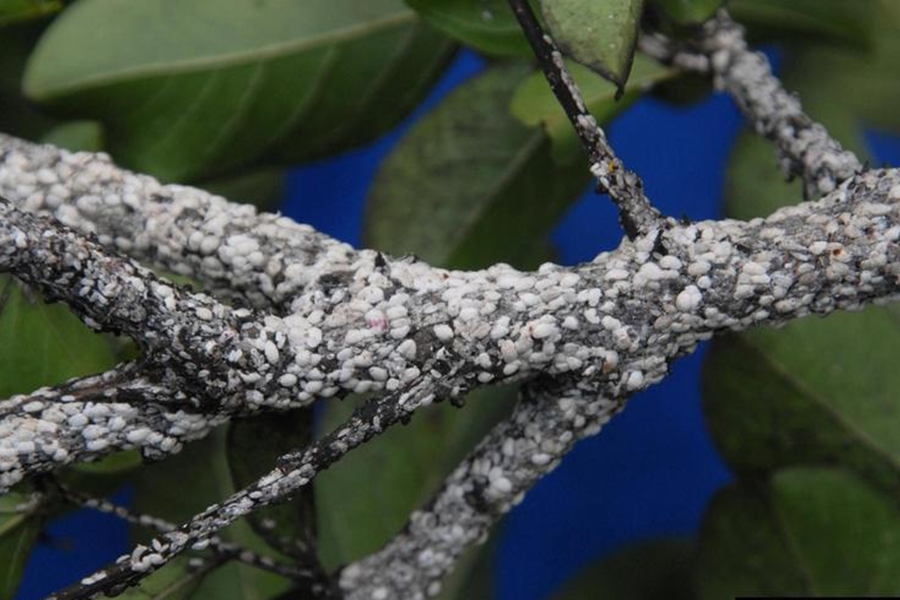
The crape myrtle bark scale (CMBS) is an emerging threat to crape myrtle (Lagerstroemia spp.) in Georgia. As the name indicates, this scale pest attacks the bark of crape myrtle, the only known scale insect that infests crape myrtle bark. A native of Asia, CMBS was first confirmed in Dallas, Texas, in 2004. Since then, the pest has gradually expanded its range to the southeastern states. In Georgia, it was first confirmed in Coweta County in 2014. In 2019, CMBS were found infesting crape myrtles in an ornamental nursery in south Georgia. They can potentially spread in zones 6 to 9.
William G. Hudson and Shimat V. Joseph
|
-
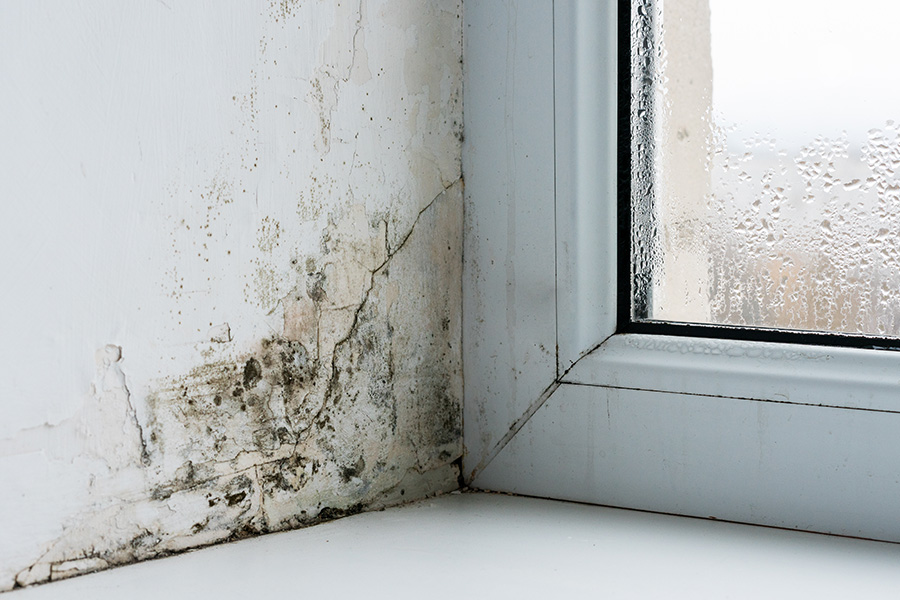
Las esporas del moho solo necesitan un ambiente favorable, alimentos (madera, papel, alfombra, etc.) y humedad para crecer. Si no se detecta o se trata, el moho puede provocar efectos negativos para la salud, como reacciones alérgicas, infecciones respiratorias y más. Use esta lista de verificación como una guía básica para inspeccionar su hogar en busca de señales de exceso de humedad y crecimiento de moho.
PRECAUCIÓN: Al investigar posibles problemas con el moho, puede alterar las áreas contaminadas al hacerlo, extenderá la contaminación al resto de la casa. Esto representa un grave riesgo para la salud de las personas con sistemas inmunes débiles, asma o alergias; por lo tanto, antes de realizar una investigación exhaustiva del moho, es mejor consultar a su médico o contratar a un profesional. Si decide realizar esta búsqueda por sí mismo, utilice el equipo de seguridad adecuado según lo recomendado por la Agencia de Protección del Medio Ambiente (EPA por sus siglas en inglés; www.epa.gov/mold).
Ines Beltran and Pamela R. Turner
|
-
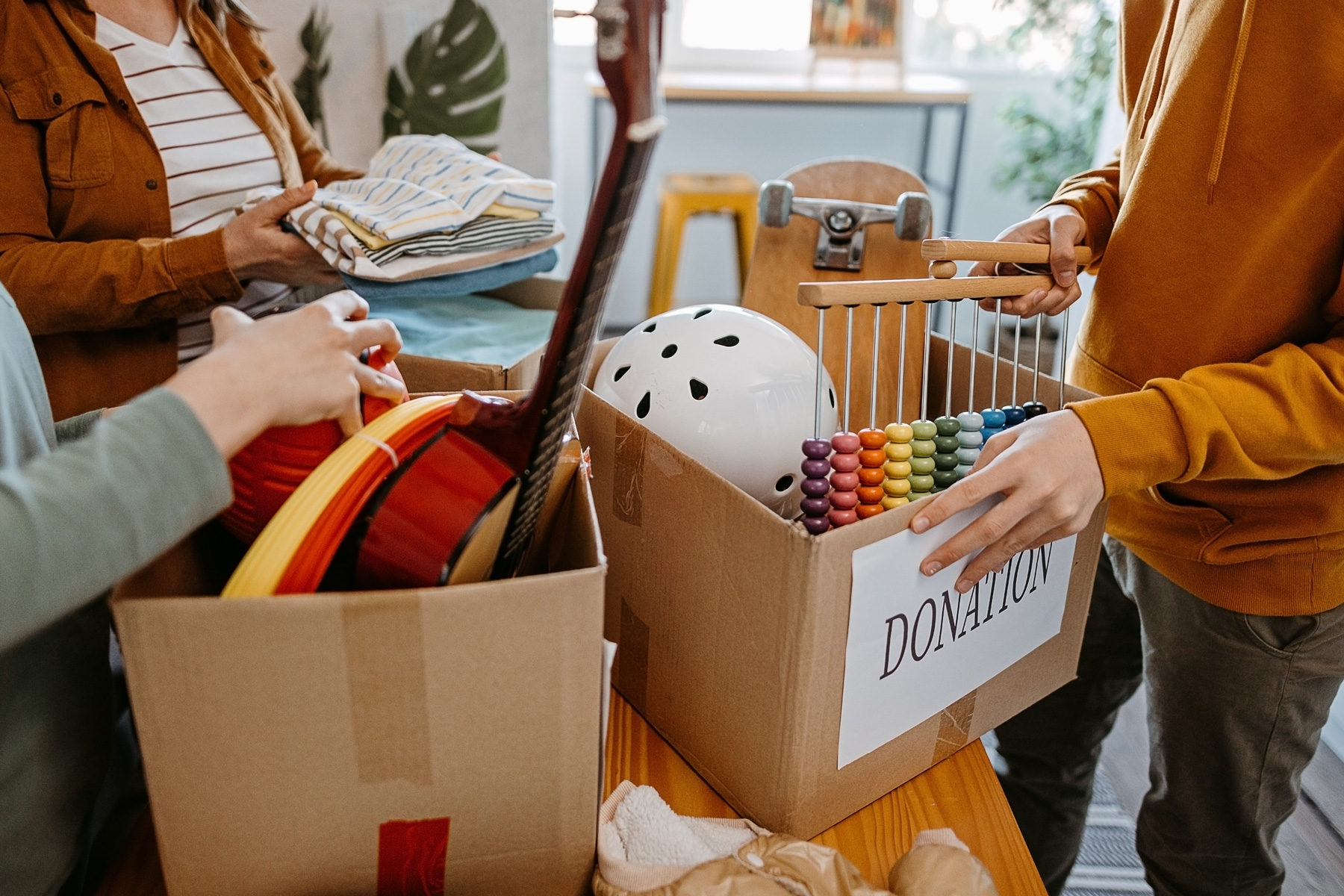
C 1067
Household Clutter Control
Clutter is a collection of things lying around in an untidy mess, usually because we don’t have a designated place for it. Household clutter has a big impact on your health and quality of life. This publication will help you asses if you have too much household clutter and then recommends ways to take charge, clear the clutter, and maintain a clutter-free home.
Pamela R. Turner, Charles Okpala, Von Baker, Laura T. Smith, Sylvia Davis, Olivia Handley, Michelle Quick, Janette Burkes, Kimberly Howell, and Diane W Bales
|
-

Radon is the second leading cause of lung cancer in the United States. A radon reduction system (radon mitigation) reduces high levels of indoor radon to acceptable levels. The system most frequently used is a vent pipe system and fan, which pulls radon from beneath the house and vents it to the outside. This publication educated homeowners on what they should do before, during and after a radon mitigation and what they should expect from a radon mitigator.
Pamela R. Turner, Uttam K. Saha, and Rebecca Cantrell
|
-
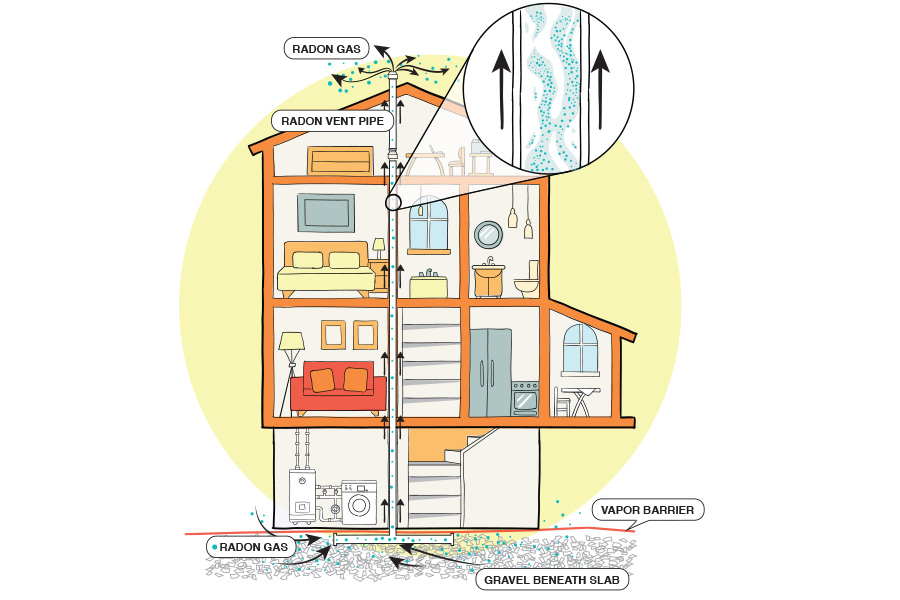
The benefits of building a radon-resistant home are that it reduces a family’s risk of lung cancer; it’s easier and less costly to include features during construction; features are incorporated into the home design and improve aesthetics compared to installing a radon mitigation system after construction; it will improve the indoor air quality and reduce moisture levels; a passive system is easy to activate if needed; and it may add to the resale value of your home.
Pamela R. Turner, Uttam K. Saha, Derek Cooper, and Rebecca Cantrell
|
-
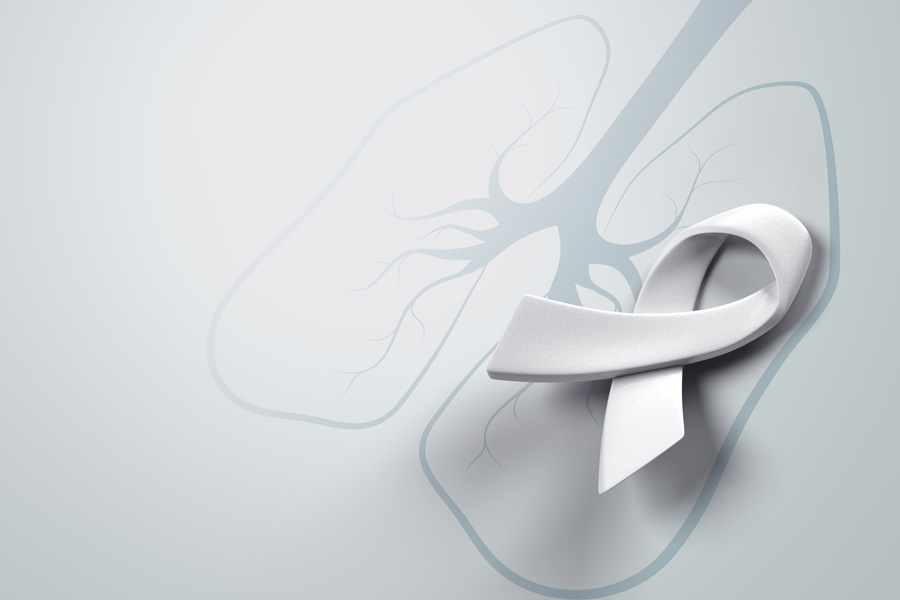
Radon may be found in one out of every 15 homes and is the second leading cause of lung cancer in the United States. This gas can enter your home through cracks and holes in the foundation, or even underground well water. This publication provides information on radon-induced lung cancer and ways to reduce elevated radon inside your home. For more information on radon, visit ugaradon.edu.
Pamela R. Turner, Uttam K. Saha, Derek Cooper, and Rebecca Cantrell
|
-
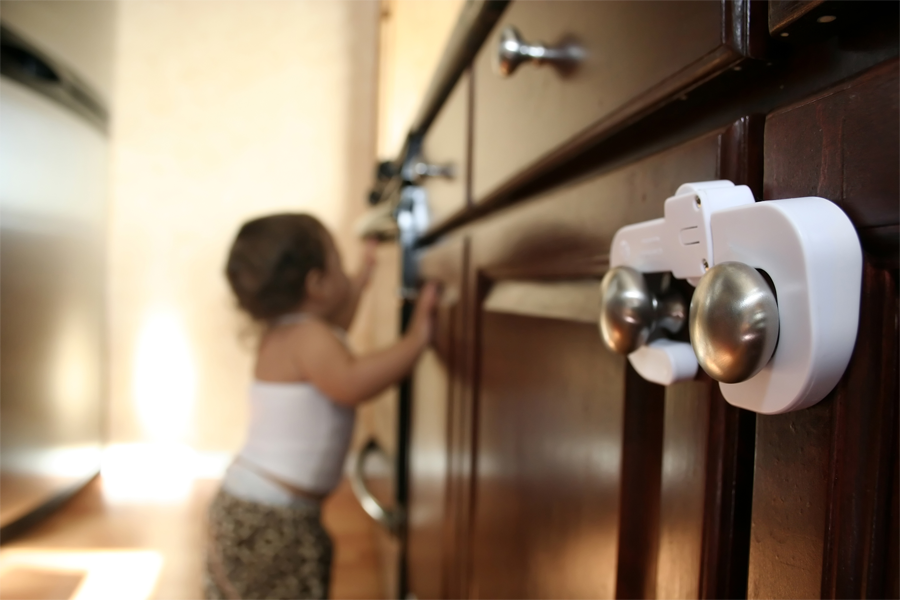
Nearly 2.3 million children are accidentally injured every year and more than 2,500 are killed, according to the U.S. Centers for Disease Control and Prevention. Since one of the biggest threats to children is an injury occurring at home, it is important to take preventative steps to childproof your home. While this may seem like a daunting task at first, this checklist includes basic tips, broken down by room, to help make your home safer for the whole family.
Pamela R. Turner, Teresa Adkins, Janette Burkes, Brittany Harrison, Victoria Presnal, Michelle Quick, Laura T. Smith, and Diane W Bales
|